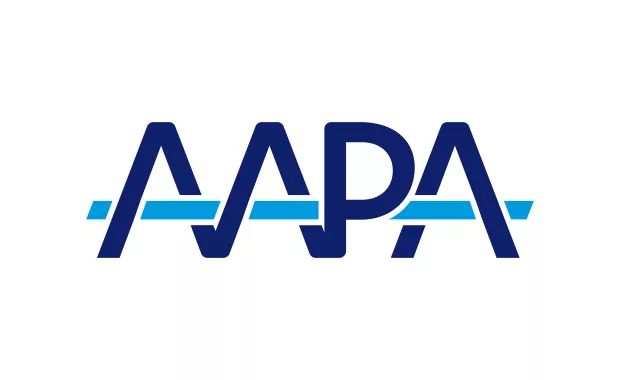Congress Moves to Improve Pay for PAs in the VA
Contact: Sarah Blugis, [email protected]
Requires Locality Pay System for PAs, Similar to Nurse Practitioners and Physicians
ALEXANDRIA, VA (August 3, 2017) – The American Academy of PAs (AAPA) applauds Congress for passage of legislation that will implement competitive pay for PAs (physician assistants) at the Department of Veterans Affairs (VA), the single largest employer of PAs in the U.S. The VA Choice and Quality Employment Act now moves forward to the President’s desk for signature.
PAs are state-licensed medical providers who conduct physical exams, diagnose and treat illnesses, order and interpret tests, write prescriptions and perform medical procedures in nearly every practice setting and medical specialty. The PA profession has long been connected and committed to veterans and veterans’ healthcare. The first PA students were Navy Corpsmen who served in the Vietnam War.
“On behalf of all PAs, we are pleased that through this important competitive-pay legislation, Congress continues to recognize PAs as a solution for increasing timely access to quality patient care for our nation’s veterans,” said L. Gail Curtis, PA-C, MPAS, DFAAPA, president and chair of the board of AAPA.
Today, the VA employs more than 2,200 PAs, making it the largest employer of PAs in the country. However, according to a 2015 VA report, because starting pay for new PA graduates is typically 20-30 percent higher in the private sector than it is in the VA, it is challenging for the VA to recruit, hire, and retain PAs. Furthermore, the lack of a locality-based PA system for PAs has disadvantaged PAs relative to Nurse Practitioners (NPs) within the VA.
The recently passed legislation includes more than $2 billion in funding for the Veterans Choice healthcare program, along with several other provisions designed to recruit and retain its workforce. Of that amount, an estimated $86 million will be spent to ensure PAs are offered competitive salaries by the VA through a provision to move PAs to a locality-based pay system, similar to the pay systems already in place for NPs and physicians. When compensating PAs, the VA will take into account local wages in the private sector.
“We are particularly thankful for the leadership of members of Congress who were instrumental in including this provision. Senators Jon Tester (D-MT) and Jerry Moran (R-KS), and Representatives Annie Kuster (D-NH) and Jack Bergman (R-MI) were all champions of this change,” continued Curtis.
AAPA and the Veterans Affairs Physician Assistant Association (VAPAA) worked hard to gain Congressional support for competitive pay for PAs at the VA.
“The Veterans Affairs Physician Assistant Association is very proud of and greatly appreciates this legislation. It will help address the pay disparity for PAs in the VA system, and thus improve the retention and recruitment of PAs in the VA system,” said VAPAA President Rubina DaSilva, PA-C. “Ultimately, this bill is a win for veterans on many levels; it will improve access and quality of care for veterans.”
###
About the American Academy of PAs
AAPA is the national organization that advocates for all PAs and provides tools to improve PA practice and patient care. Founded in 1968, AAPA represents a profession of more than 115,500 certified PAs across all medical and surgical specialties in all fifty states, the District of Columbia, the U.S. territories and the uniformed services. Visit www.aapa.org to learn more.
